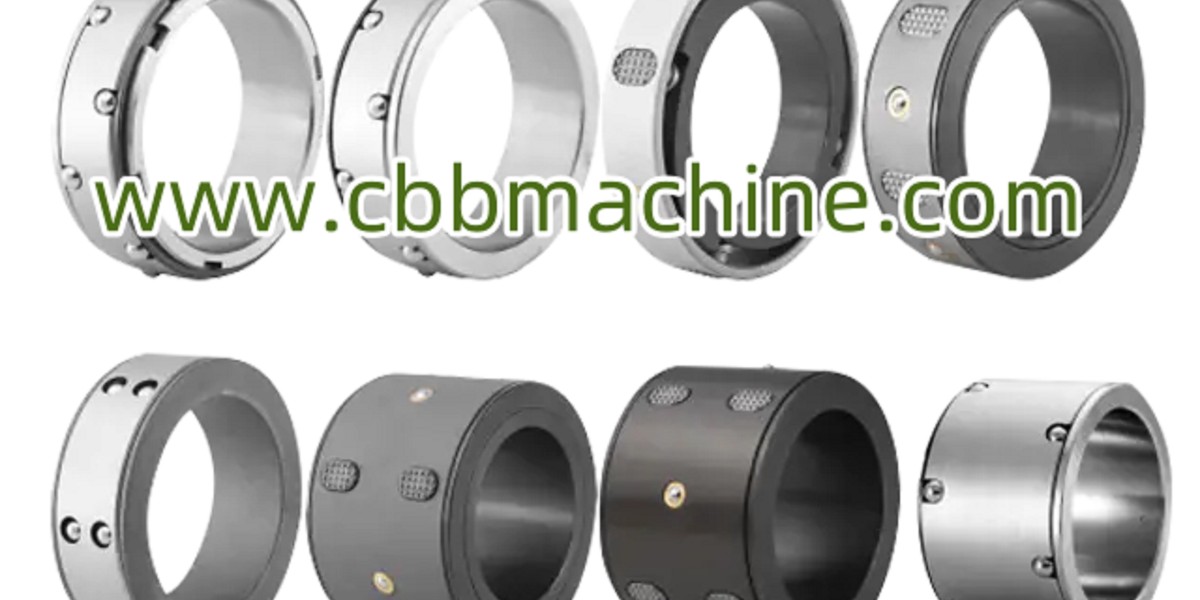Differential Shaft manufacturers play a key role in supporting modern industrial operations where precise web tension and multiple roll winding are essential. These manufacturers focus on engineering and producing shafts that enhance productivity, ensure consistent quality, and simplify roll handling across various sectors, including printing, packaging, and film converting.
Differential shafts are widely recognized for their ability to manage multiple rolls of varying diameters on the same shaft while maintaining even tension. This is achieved through a friction-based torque mechanism that allows each core to rotate independently, adjusting automatically to differences in winding resistance. The result is a smoother, more controlled winding process with reduced product waste and fewer interruptions.
One of the main advantages of using differential shafts is the improvement in operational efficiency. Traditional shafts often require manual tension settings and adjustments, which can be time-consuming and lead to inconsistencies. Differential shafts, on the other hand, use internal components such as friction pads, air pressure systems, or torque control mechanisms to adjust automatically. This leads to more streamlined workflows and better product quality.
In addition to improving performance, differential shafts are designed to reduce mechanical wear and extend the lifespan of equipment. Because each roll rotates independently, there is less stress placed on the shaft and the machine’s drive system. This not only minimizes maintenance requirements but also contributes to a more sustainable and cost-effective production environment.
Materials used in differential shaft construction are typically selected for their durability and stability. Hardened steel, aluminum alloys, and high-performance composites are commonly used to ensure the shaft can withstand long production runs, high-speed operation, and varying load conditions. Manufacturers pay close attention to factors such as balance, concentricity, and surface finish to guarantee optimal performance.
One of the key benefits of working with experienced manufacturers is access to custom solutions. Not all production lines are the same, and different materials or applications may require specific shaft configurations. Whether it’s a unique core diameter, custom torque range, or integration with specialized equipment, custom-engineered shafts can significantly enhance operational results.
Ease of installation and compatibility are also important considerations. Quality differential shafts are designed to be interchangeable with standard machine components, making upgrades or replacements straightforward. Pneumatic or mechanical tension control systems can often be integrated with minimal modifications, allowing manufacturers to implement improved technology without overhauling existing equipment.
In high-volume operations, downtime can be costly. That’s why choosing a reliable differential shaft solution is crucial. Properly manufactured shafts not only reduce the chance of machine failure but also offer consistent, repeatable results that can be trusted over time. Routine maintenance, including checking air pressure levels and replacing worn friction components, further extends the shaft’s service life.
Training and after-sales support are additional services that top manufacturers often provide. These services help users understand how to operate and maintain their shafts correctly. Detailed manuals, setup instructions, and responsive customer service all contribute to smooth day-to-day operations and a lower risk of unexpected issues.
Looking ahead, innovation in shaft technology is helping industries meet rising expectations for speed, efficiency, and product quality. New materials, more compact designs, and automated control systems are just some of the developments shaping the future of differential shaft manufacturing. As global demand for flexible and efficient converting solutions grows, the importance of precision-engineered components like differential shafts will continue to increase.
In conclusion, differential shafts are an integral part of roll-based production lines, enabling faster, more accurate, and more efficient processing of materials. Manufacturers of these shafts contribute vital expertise and solutions to meet the evolving needs of industries worldwide. Choosing the right product from experienced Differential Shaft manufacturers ensures lasting value, consistent quality, and improved workflow efficiency.
Explore how manufacturers tailor differential shafts to specific production requirements for better efficiency and control. www.cbbmachine.com








